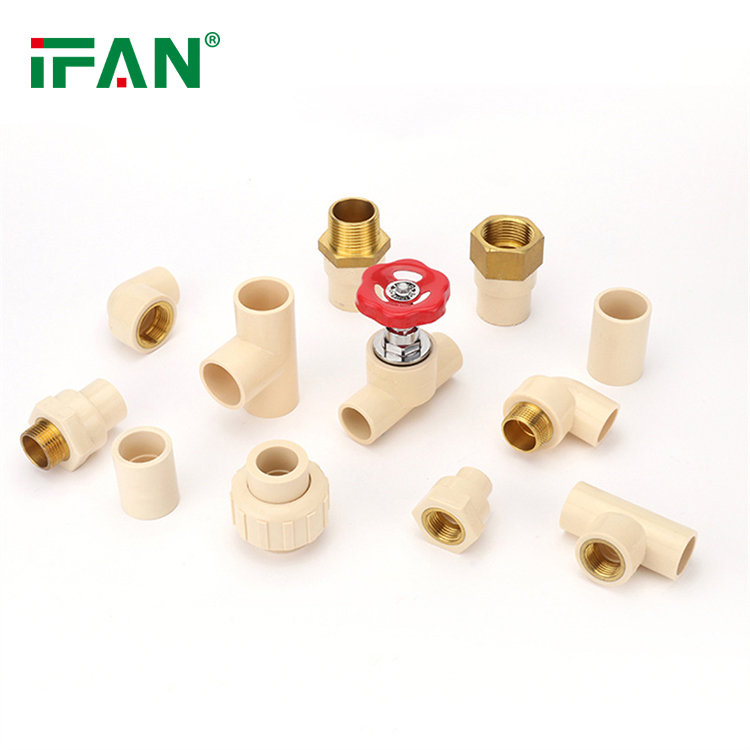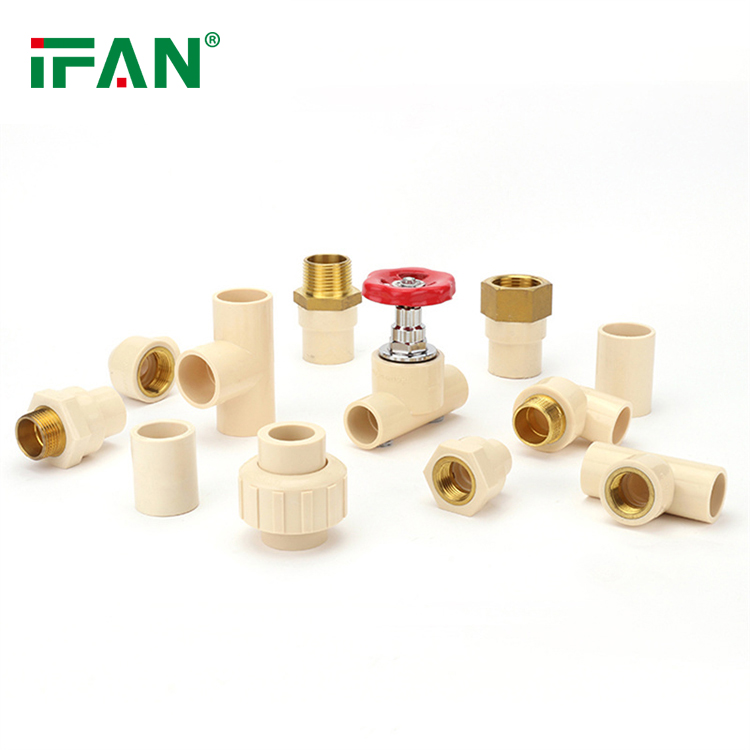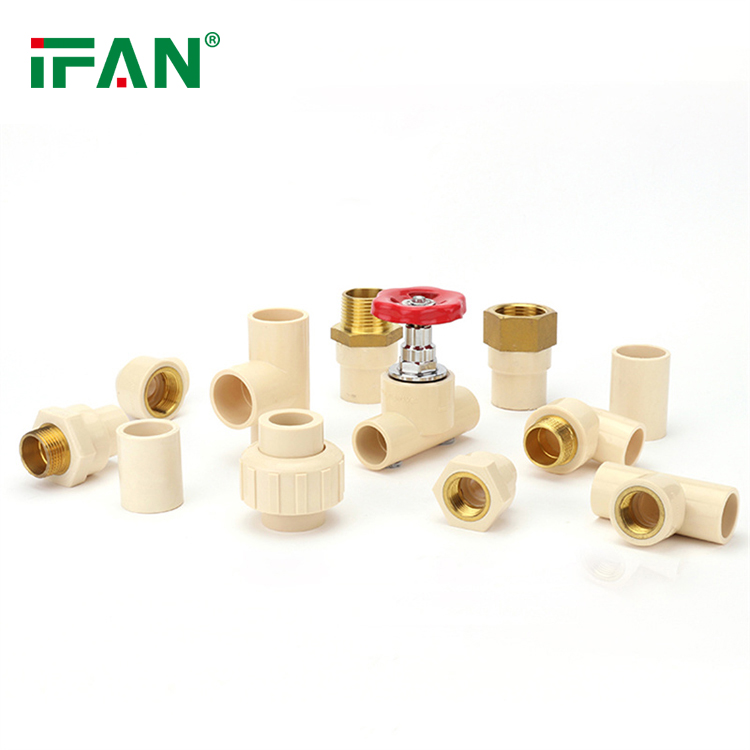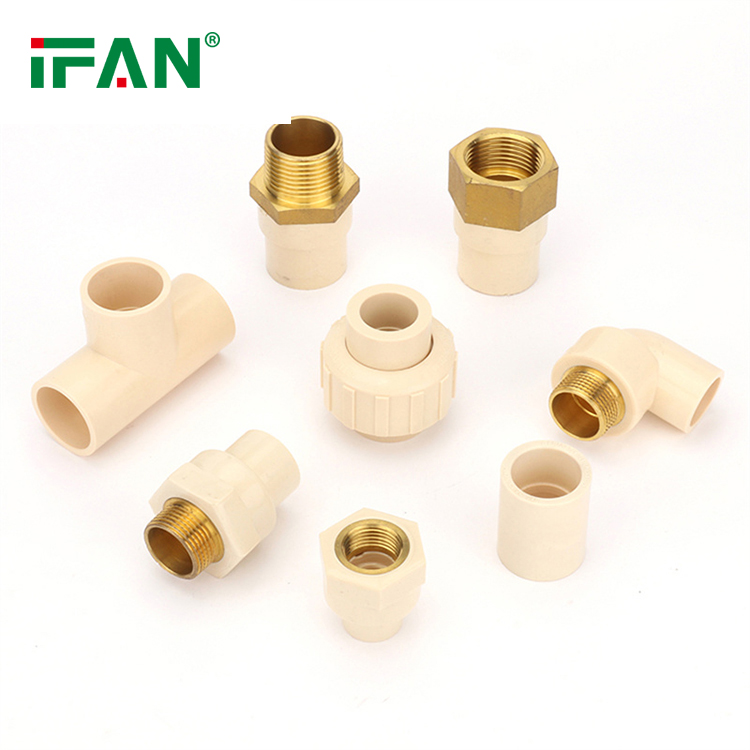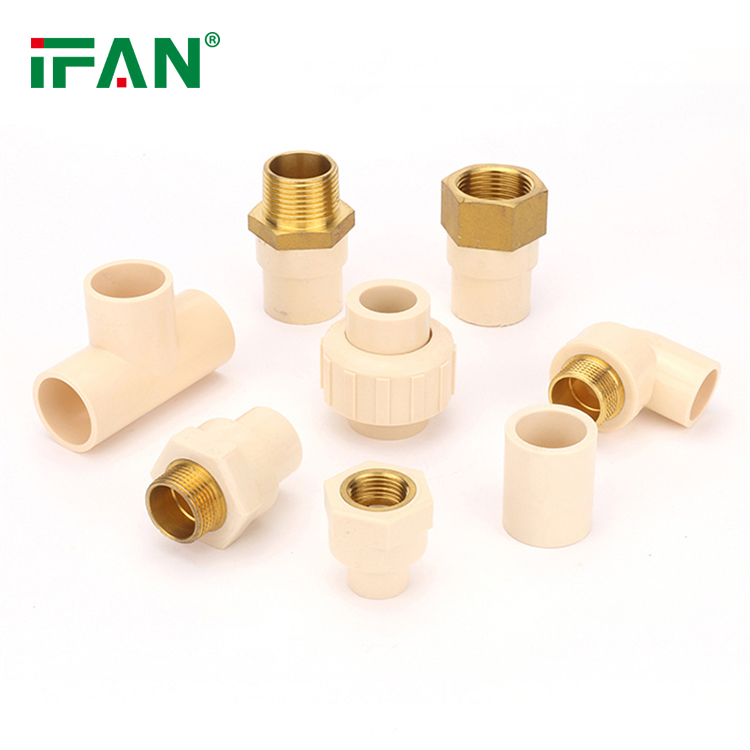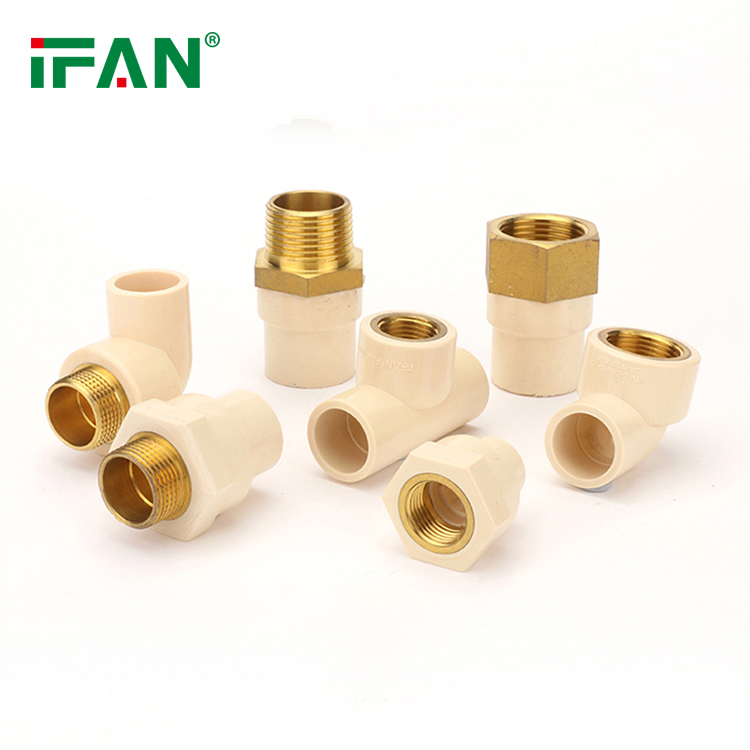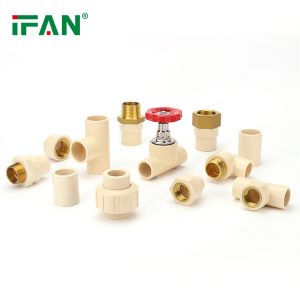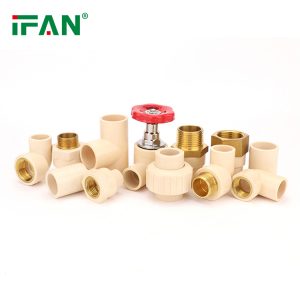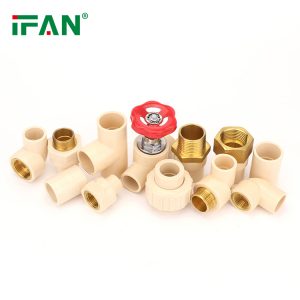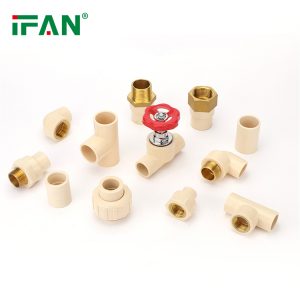Description
CPVC, or chlorinated polyvinyl chloride, was once a popular choice for plumbing applications due to its heat resistance and corrosion resistance. However, there are several reasons why CPVC is not as commonly used today. Let’s explore these reasons in more detail:
Higher Cost: Compared to other plumbing materials such as PVC (polyvinyl chloride) or PEX (cross-linked polyethylene), CPVC tends to be more expensive. This higher cost can be a limiting factor for some projects, especially when there are more cost-effective alternatives available.
Brittleness: CPVC is known to be more brittle compared to PVC or PEX. This means that it is more prone to cracking or breaking when subjected to impact or stress. The brittleness of CPVC can be problematic in applications where durability and resistance to physical stress are important.
Limited Application Temperature: While CPVC offers better heat resistance than PVC, it still has limitations in terms of the maximum temperature it can handle. CPVC typically has a maximum service temperature of around 200°F (93°C). In applications where higher temperatures are encountered, such as hot water systems or industrial processes, CPVC may not be suitable.
Reduced Chemical Compatibility: Although CPVC is more chemically resistant than PVC, it still has limitations when it comes to certain aggressive chemicals. CPVC may not be suitable for applications involving strong acids, solvents, or certain corrosive substances.
Environmental Concerns: CPVC contains chlorine, which raises environmental concerns during production and disposal. Chlorine-based materials can release harmful gases when burned and contribute to the production of dioxins, which are toxic substances. As the focus on environmental sustainability increases, there is a shift towards using more environmentally friendly alternatives.
In summary, the decreased usage of CPVC can be attributed to factors such as higher cost, brittleness, limitations in application temperature, reduced chemical compatibility, and environmental concerns. These factors have led to the adoption of other materials, such as PVC or PEX, which often offer comparable or superior performance in plumbing applications.
Related products


